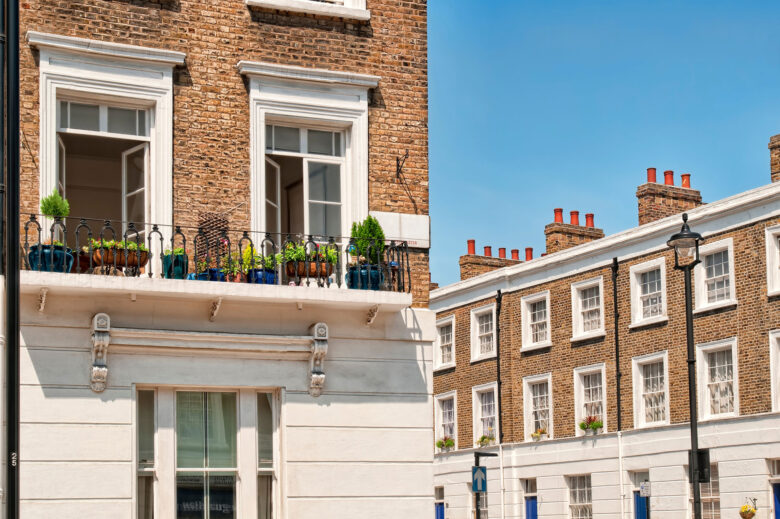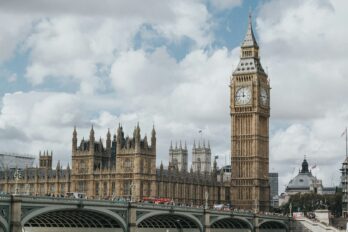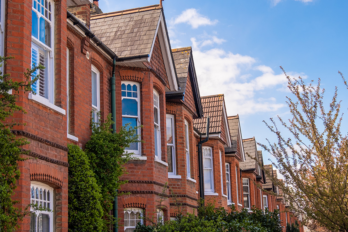
Do I Need a Survey on a Leasehold Flat?
When purchasing a leasehold flat, one of the most critical considerations is whether you need a property survey. The answer is almost always yes, and here’s why. Whether you’re a first-time buyer or an experienced property investor, understanding the condition of your potential new home is vital. At Novello Chartered Surveyors, we frequently encounter clients who are unsure about the necessity of a survey on a leasehold flat. This article will explore why a survey is essential and how it can protect your investment.
What Is a Leasehold Flat?
A leasehold flat is a property where you own the right to live in the flat for a specified number of years, but the land on which the building sits is owned by the freeholder. This type of ownership often comes with certain responsibilities and restrictions, such as service charges, ground rent, and maintaining communal areas. Given these complexities, ensuring the flat is in good condition before committing to a purchase is crucial.
Why You Need a Survey for a Leasehold Flat
1. Uncover Hidden Issues: A flat survey can reveal hidden problems that may not be immediately visible during a casual viewing. Issues such as dampness, structural defects, or problems with the roof can significantly affect your living conditions and lead to costly repairs. These problems might not only impact your flat but could also be part of broader issues within the building.
2. Ensure You’re Paying a Fair Price: Understanding the exact condition of the flat helps ensure that you are paying a fair price. If the survey uncovers significant issues, you can use this information to renegotiate the purchase price or ask the seller to carry out repairs before you proceed.
3. Protect Yourself with the Right Survey: There are different types of surveys available, and choosing the right one is crucial. As a RICS Chartered Surveyor, Novello Chartered Surveyors offers several options tailored to leasehold flats, we offer standalone Homebuyer Reports and Building Surveys. However, our Private Client Surveying Service elevates the Building Survey Report to a new level, providing more than just the report itself. For more information about our surveys, visit our surveys page here
Choosing the Right Survey
RICS HomeBuyer Report (Novello Equivalent – Homelevel Report): A more comprehensive survey suitable for conventional properties in reasonable condition, providing advice on defects, repairs, and maintenance.
Building Survey: The most comprehensive survey, suitable for older or non-standard properties, provides an in-depth analysis of the property’s condition and structural integrity.
Our Private Client Survey Service: Our private client survey elevates the Building Survey Report to a new level, providing more than just the report itself. We provide the wrap-around care and advice as your strategic personal surveyor, who will work with you directly throughout the whole process. Each surveyor only works with 3-4 clients a week, ensuring they can allocate you the time and care required.
Frequently Asked Questions
- Q: Do You Need a Survey on a Leasehold Flat?
- A: Although a surveyor won’t examine the terms of your lease—whether it’s a leasehold or share of freehold—they will inspect the building’s external elements, for which you may share maintenance responsibilities. Even if the interior is in good condition, leasehold properties typically involve an external freeholder who organises necessary repairs. These may trigger a section 20 notice, potentially leading to significant additional costs. A survey ensures you’re aware of the flat and building’s condition, giving you the confidence to proceed with the transaction. Should the survey uncover significant issues, you can either withdraw from the purchase or renegotiate the price to reflect necessary repairs.
- Q: Do I need a survey if the flat is relatively new?
- A: Yes, even newer flats can have defects. Issues like poor construction, hidden dampness, or inadequate insulation can affect the property. A flat survey will give you peace of mind by confirming the condition of the flat and communal areas.
- Q: What if the flat is in a well-maintained building?
- A: While the building may appear well-maintained, a survey can uncover issues within your specific flat, such as problems with the plumbing or electrics, which may not be immediately visible. Additionally, the survey can assess communal areas that might impact your flat.
- Q: What Makes a Leasehold Property Different?
- A: Leasehold properties often come with specific rules, such as noise restrictions, pet prohibitions, and maintenance fees. A survey ensures you understand the flat’s condition before moving in. If you later decide to back out of the purchase, you could face significant financial penalties due to a breach of contract. Many leasehold properties also have structural restrictions, limiting your ability to make modifications.
- Q: Who is Responsible for the Roof?
- A: In most cases, the freeholder or managing company is responsible for maintaining the roof. However, if you own a top-floor flat, the lease may assign this responsibility to you. In buildings without formal maintenance arrangements, costs for unexpected repairs can arise unpredictably, which is why maintenance fees are usually charged to cover communal areas and the building itself. Any significant repairs, such as roof damage, will be communicated to you by the landlord or managing agent, often leading to additional costs.
- Q: What Do Surveyors Check in a Flat?
- A: A surveyor will inspect both the interior and exterior of the flat. They’ll assess the building’s exterior, checking features like chimney stacks, roof condition and external walls, all of which impact the flats’ overall quality and longevity. The surveyor will also examine communal areas, such as gardens and hallways, for any defects or risks. Depending on the survey level you choose, the inspection’s depth will vary.
- Q: Is a Building Survey necessary for a leasehold flat?
- A: A Building Survey is recommended for older flats or those with unusual features. If the flat is in a modern, well-maintained building, a RICS HomeBuyer Report (Novello Equivalent – Homelevel Report) may be sufficient. However, if you’re unsure, one of our team can provide expert advice on the most appropriate survey for your situation.
- Q: Can I use the survey to renegotiate the purchase price?
- A: Absolutely. If the survey reveals significant issues, you can use this information to negotiate a lower price or request that the seller address the problems before the sale is completed.
Conclusion
Investing in a survey for a leasehold flat is a crucial step in the home-buying process. It provides an essential insight into the property’s condition, ensures you are making a sound investment, and can save you from unexpected costs in the future. At Novello Chartered Surveyors, our RICS Chartered Surveyors are here to guide you through this process, providing expert advice and detailed surveys to protect your investment. Whether you opt for the RICS Homelevel Report, Building Survey or our Private Client Surveying service, our team is dedicated to delivering the highest standards of service.
For more information on our services or to book a survey, contact Novello Chartered Surveyors today.

